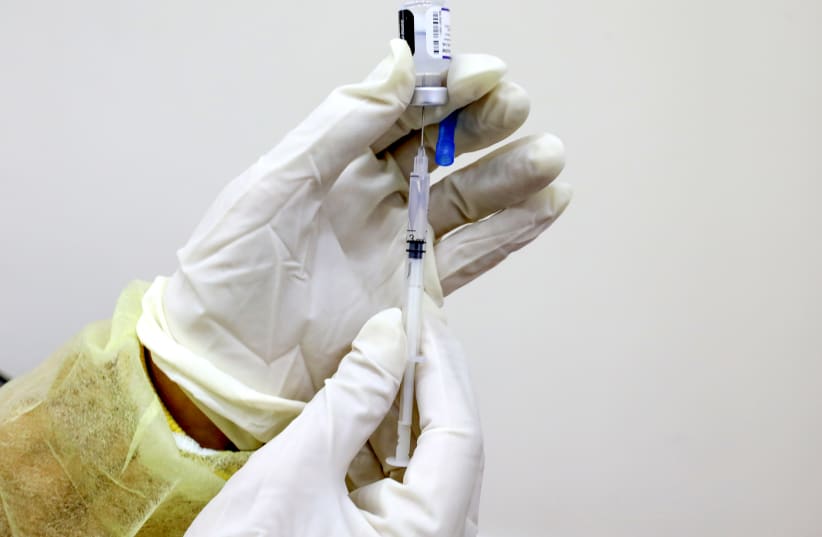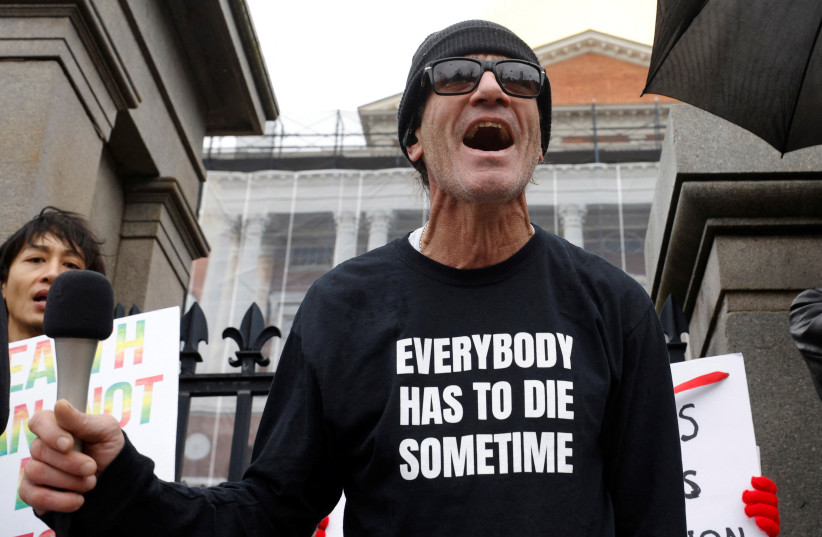Depression can exacerbate negativity bias, which led a team of researchers at Massachusetts General Hospital (MGH) to investigate whether people who experience depressive symptoms may be more receptive to misinformation related to COVID-19 vaccines. Their findings are published in JAMA Network Open.
The team examined responses from 15,464 adults from all 50 US states and Washington, DC, who completed an Internet survey between May and July 2021 that included statements related to COVID-19 vaccines after answering a questionnaire that measured depressive symptoms.
Participants with moderate or greater major depressive symptoms on the initial questionnaire were more likely to endorse at least one of four false statements about COVID-19 vaccines on the subsequent survey, and those who endorsed these statements were less likely to be vaccinated.
Specifically, the presence of depression was associated with a 2.2-times higher likelihood of endorsing misinformation, and respondents endorsing at least one misinformation statement were half as likely to be vaccinated and 2.7 times more likely to report vaccine resistance.
The research also found that levels of depression are at least three times higher than they were pre-pandemic.
“One of the notable things about depression is that it can cause people to see the world differently – sort of the opposite of rose-colored glasses. That is, for some depressed people, the world appears as a particularly dark and dangerous place,” says lead author Roy H. Perlis, MD, MSc, associate chief of research in the Department of Psychiatry and director of the Center for Quantitative Health at MGH.
“We wondered whether people seeing the world this way might also be more susceptible to believing misinformation about vaccines. If you already think the world is a dangerous place, you might be more inclined to believe that vaccines are dangerous – even though they are not.”
The researchers expressed hope that the findings will encourage people to seek treatment for depression and anxiety.

